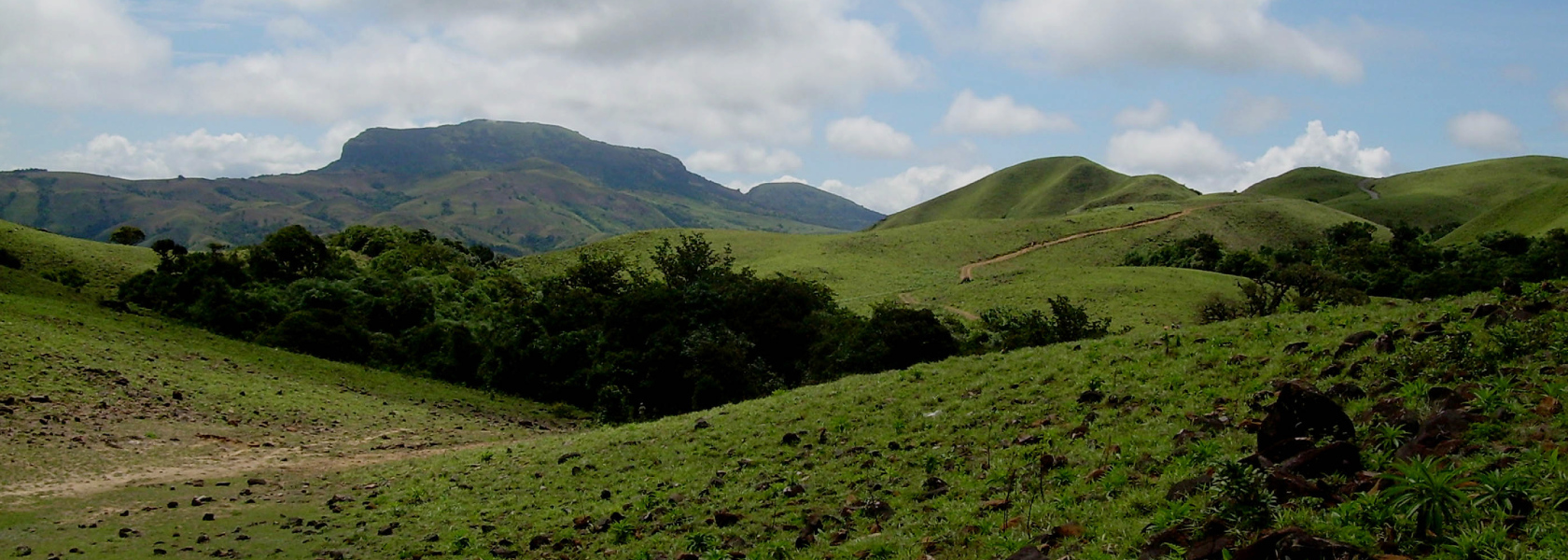
Blogs
ARMY DAY SPECIAL: NEHRU FEARED COUP BY CARIAPPA, CLAIMS BOOK
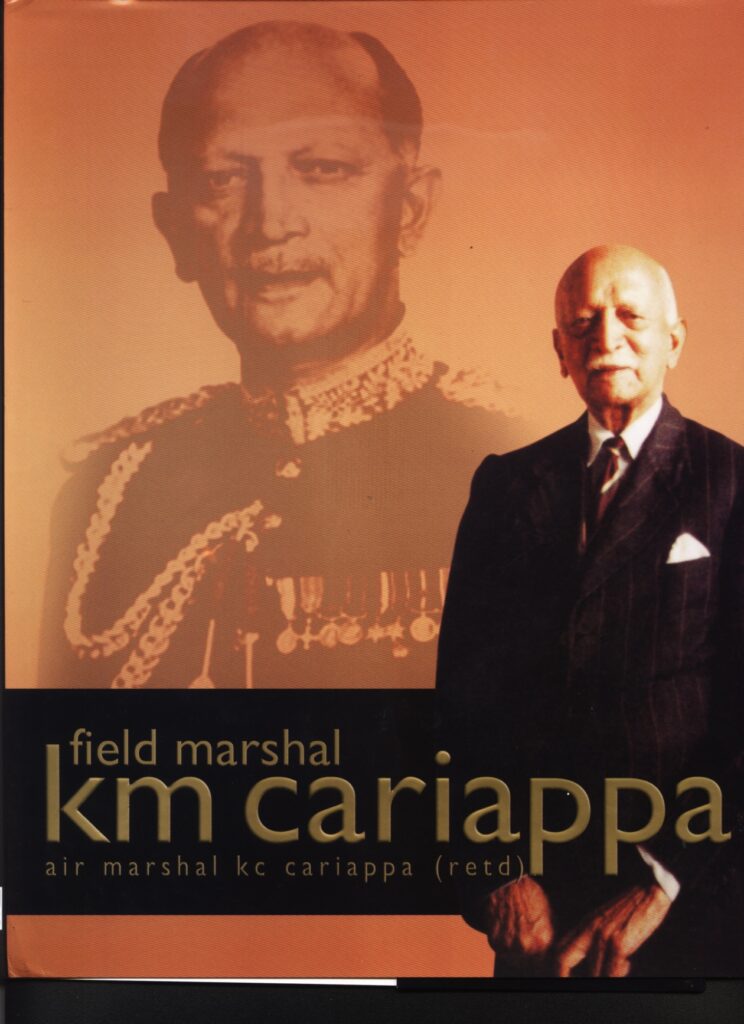
Army Day is celebrated on 15 January every year in India, in recognition of Lieutenant General Kodandera M. Cariappa‘s (later who became Field Marshal ) taking over as the first Commander-in-Chief of the Indian Army from General Francis Roy Bucher, the last British Commander-in-Chief of India, on 15 January 1949.
By P.T. Bopanna
Did Jawaharlal Nehru have a lurking fear in the 1950s that General K. M. Cariappa would engineer a coup against him?
The biography of Field Marshal K M Cariappa, authored by his airman son Air Marshal K. C. Cariappa (Retd), says that because of such an unfounded fear, General Cariappa was packed off to Australia as India’s High Commissioner in 1953!
The book throws light on sensitive defence issues, including the mess-up in Jammu and Kashmir and the flawed China policy pursued by Nehru. Though Cariappa, the first Commander-in-Chief of the Indian Army, had a cordial relationship with Nehru and his daughter Indira Gandhi, there was an “undercurrent” of suspicion.
“Father was perceived as being too popular, not only in the Army but among those in other walks of life too. Perhaps, there was a lurking suspicion that he might engineer a coup. Nothing could have been further from the truth.”
The book says it was rumoured that his being sent abroad may have had something to do with his great popularity. “Therefore, out of sight, out of mind might have been a good way to go!”
The author recalls that his father was asked on many occasions why the Army did not evict the frontier tribesmen who had attacked India and were supported by the Pakistani Army and why it was decided to have the ceasefire line dividing the State. The General used to reiterate that it was the Government that dictates policy. At the time, the Army had its ‘tail up’ and was confident of clearing most of Kashmir and re-investing Gilgit. But orders were received to ‘Cease fire at midnight on 31st December/1st January 1948-1949.’ The General said that the Army was very disappointed, but orders were orders.
A few years later, General Cariappa asked Nehru for the reason of the ceasefire. His reply was: “You see the United Nations Security Council felt that if we go any further it may precipitate a war. So, in response to their request we agreed to a ceasefire.” Nehru added: “Quite frankly, looking back, I think we should have given you ten or fifteen days more. Things would have been different then.”
It is also clear from the book that India’s flawed China policy led to the Himalayan blunder with the country facing a humiliating defeat in the 1962 war. Both Gen Cariappa and later Gen K. S. Thimayya had warned against the threat from China. But Nehru was too much under the spell of his Defence Minister Krishna Menon to see the danger coming.
The book notes that in 1951, there were disquieting events in the North-Eastern region when Chinese troops were caught with maps showing some parts of North-East Frontier Agency (NEFA) as part of China. Because the region was under the Assam Rifles who were under the control of the Governor of Assam, the Army had no operational responsibility there. General Cariappa asked Nehru for directions in regard to the responsibility of its defence. General Cariappa considered it his duty to caution the political leadership of the possibility of an attack in the region. He was ridiculed by Nehru with the retort: “It is not for the Army to decide who the nation’s likely enemies would be!”
The book covers the illustrious three-decade career of Field Marshal Cariappa and his famous brand of patriotism.
The author, the only son of the General, was shot down in the 1965 war while carrying out attacks on enemy positions and taken Prisoner of War (POW). President Ayub Khan, former colleague of Gen. Cariappa, offered to release his son. The General’s terse reply was: “They (POWs) are all my sons, look after them well.”
An interesting aspect of the book is an epilogue by the Field Marshal’s only daughter Nalini who recalls how her disciplinarian father allowed her to drive his Plymouth car “which no one else was allowed to touch!”
Source: Dateline Coorg by P.T. Bopanna, Rolling Stone Publications, 2010. Paperback copy of the book available on Amazon:
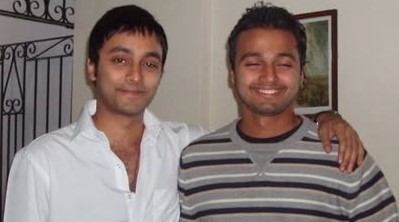
REMEMBERING ASHWATH AND AKHIL
BOOK REVIEW: WHEN GOD BOWLS A GOOGLY By C.P. Belliappa Soon after purchasing the book – ‘When God Bowls A […]
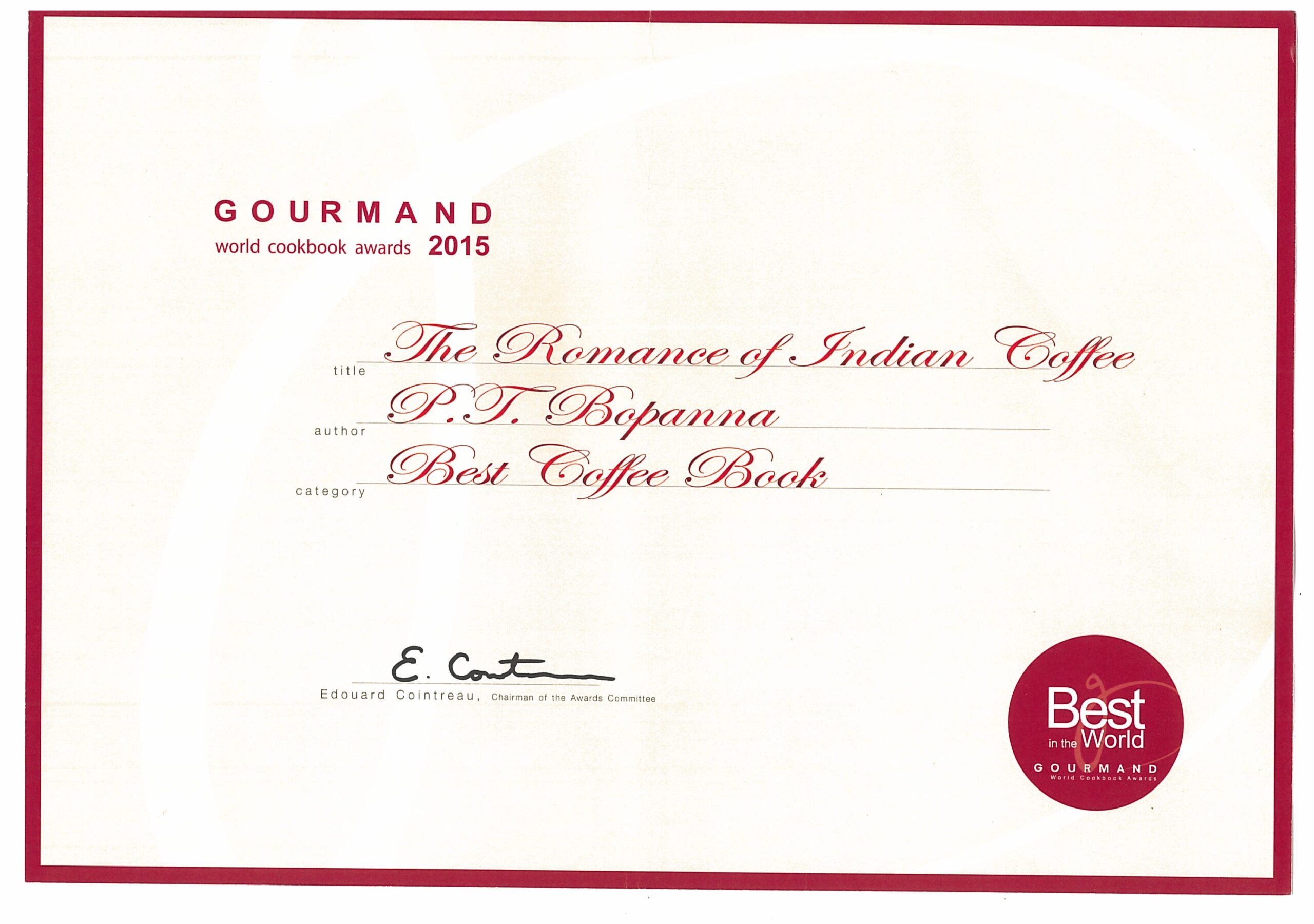
TENTH ANNIVERSARY: ‘THE ROMANCE OF INDIAN COFFEE’ WINS GOURMAND INTERNATIONAL AWARD
By P.T. Bopanna To put it simply, the Gourmand Awards is the Oscar Award of the food and drink publishing […]
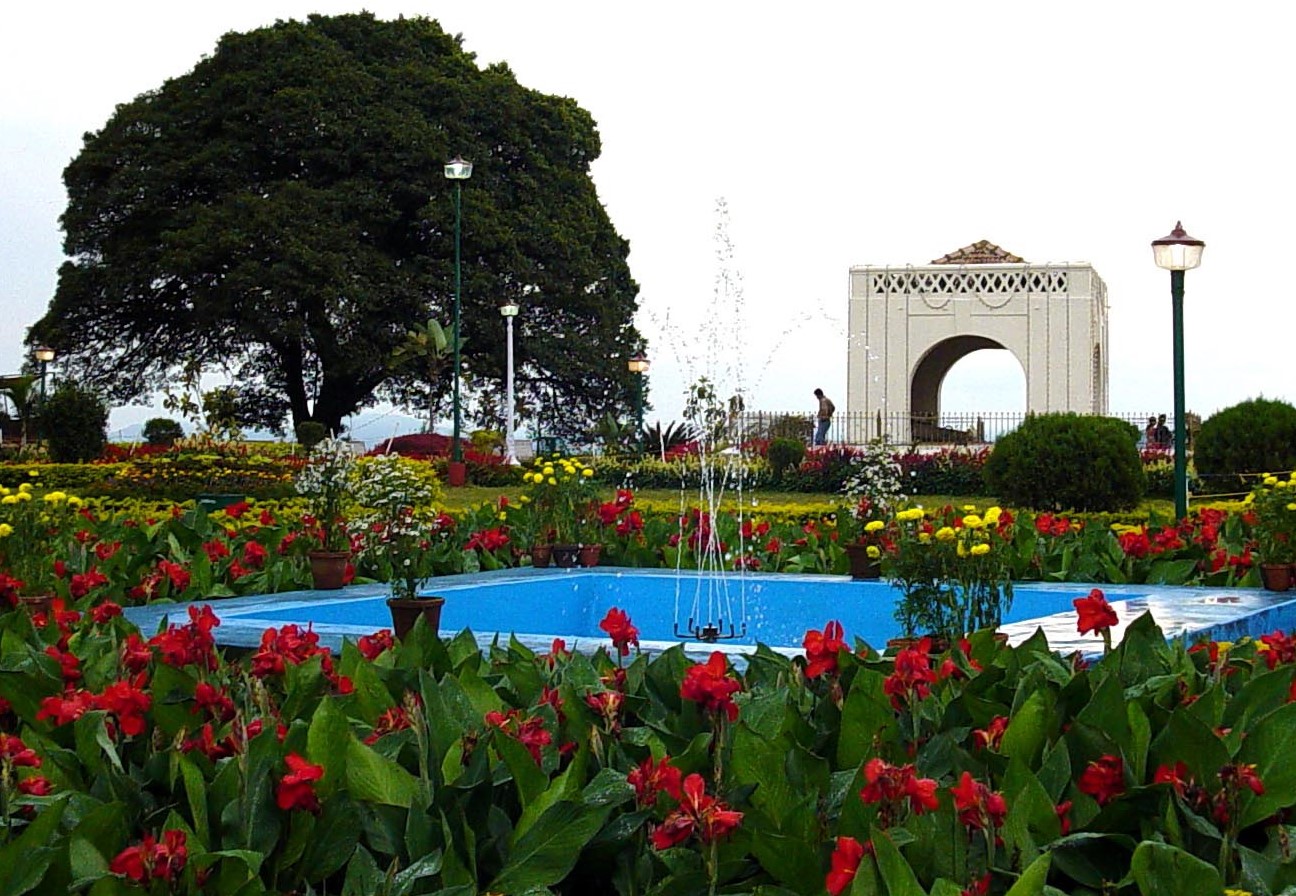
ALL IS NOT WELL WITH COORG HOMESTAYS. OFFICIAL PATRONAGE FOR ILLEGAL HOMESTAYS?
By P.T. Bopanna While Coorg district in Karnataka has emerged as ‘India’s homestay capital’, there is a seamier side to […]
